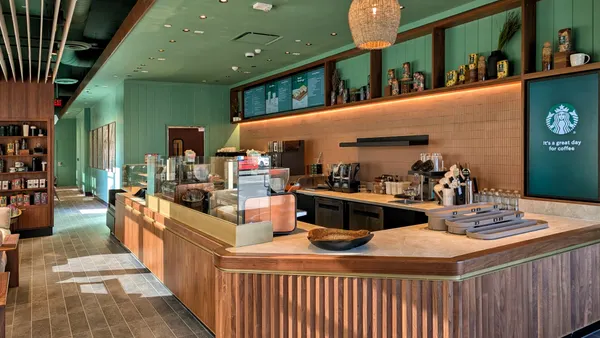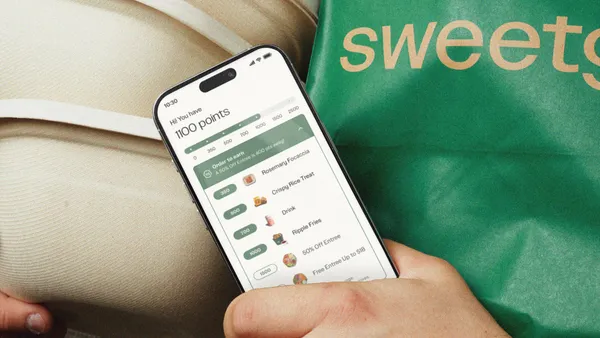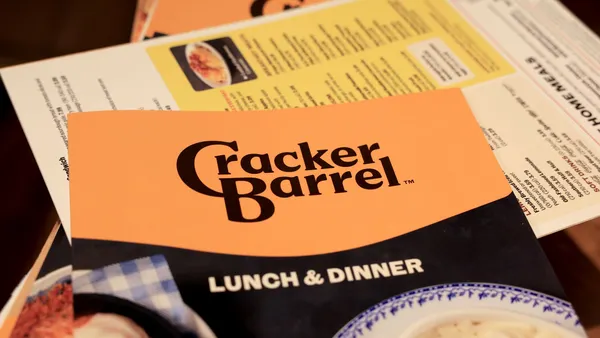Dive Brief:
- Juicer, a dynamic pricing firm that works with restaurants, raised $5.3 million in a seed funding round led by York IE, according to a press release emailed to Restaurant Dive.
- The funding gives Juicer cash necessary to speed up the development of its pricing and data tools, the company said.
- Juicer described two algorithmic tools in the press release. The company claims its Juicer Pricing tool allows it to “optimize prices,” and that its Juicer Compete tool compares prices at restaurants against competitors.
Dive Insight:
In the announcement of its funding, Juicer sought to differentiate its dynamic pricing from the surge pricing practices of firms like Uber.
“Juicer’s approach to revenue management is like a data-driven ‘happy hour’ for QSR and fast casual restaurants,” the company said. Juicer added that this approach can raise same-store sales by 5% to 10%.
Its algorithmic tools “optimize prices while providing customers with clear, predictable pricing,” the company said in its press release. “This transparency allows consumers to make informed decisions, taking advantage of lower prices during off-peak periods.”
According to the press release, these tools are necessitated by the restaurant industry’s shift toward digital ordering, which has made restaurants resemble e-commerce companies.
The company did not immediately respond to a request to clarify what kind of pricing information was available to customers at shops using Juicer.
Pizza Hut’s Director of Revenue Management, Roberto Soto, implied the company was using Juicer.
“Juicer’s insights on competitive intelligence and market pricing play a critical role in helping us evaluate our pricing and promotions strategy,” Soto said in the press release.
Juicer describes its Compete tool as “an AI-driven competitive intelligence solution, enabl[ing] national brands and their franchisees to compare menu prices with local competitors and even evaluate bundles and value meals in each market.”
In addition to York IE, the funding round included participation from Augment Ventures, Mudita Venture Partners, Athletic Greens President Kat Cole, Kayak co-founder Paul English, 16 Handles founder Solomon Choi, former Postmates General Manager Andreas Lieber and ex-Two Roads Hospitality CEO Jamie Sabatier.
The most recent stab at dynamic pricing by a major brand drew consumer vitriol. On its most recent earnings call, Wendy’s CEO Kirk Tanner hinted it might implement dynamic pricing next year, though the company later insisted media reports on the matter — which equated the strategy with surge pricing — misconstrued its intent.
With a recent pricing kerfuffle in the public consciousness and menu prices still rising far faster than grocery prices — food away from home was up 0.3% month-on-month in March, while food at home was flat for the second month in a row, per the Bureau of Labor Statistics — any whiff of dynamic pricing could prove risky for restaurant brands. But if Juicer’s tools are more akin to dynamic discounting, they may prove advantageous in the developing competition between QSR brands over snacking dayparts.
Juicer did not immediately respond to a request for comment on the possible use of its Compete tool in anti-competitive practices, such as price fixing, or deliberate undercutting of smaller chains and independents.














